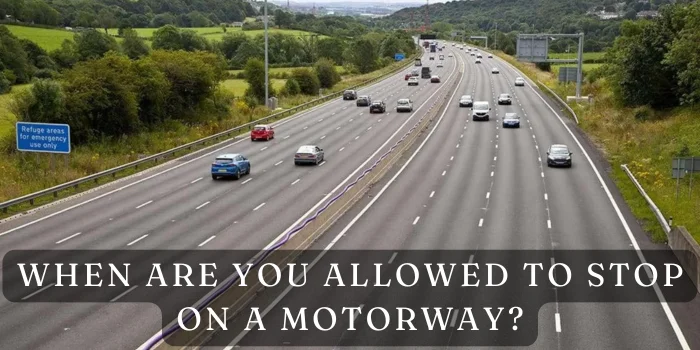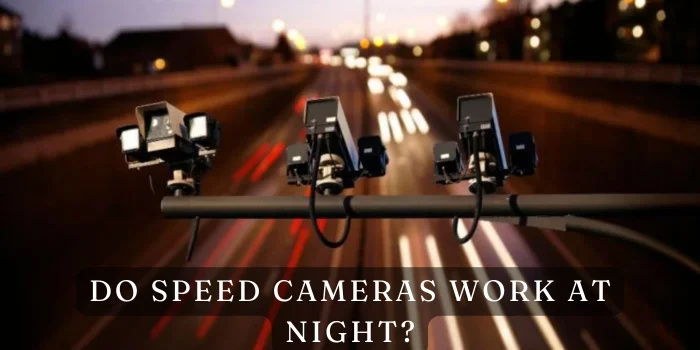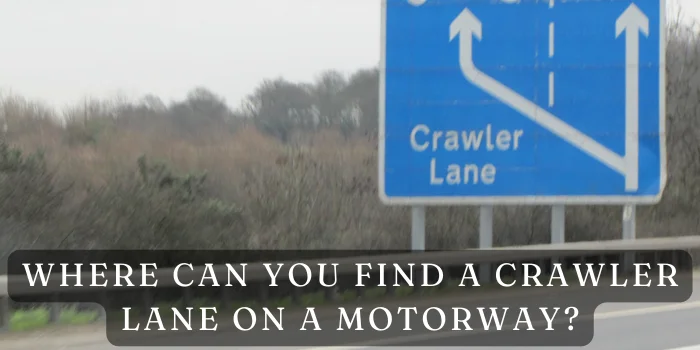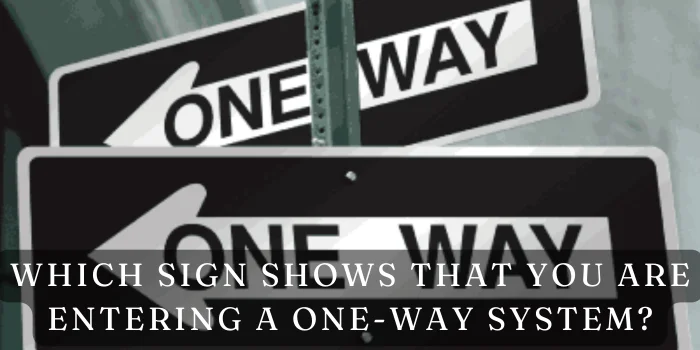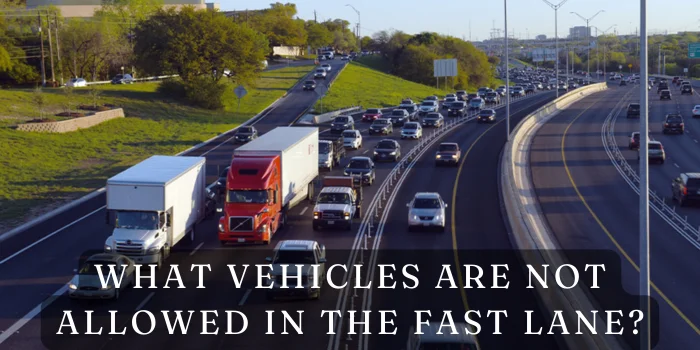How to Challenge a Traffic Camera Ticket in the UK
Getting a traffic camera ticket in the UK can be frustrating, especially if you believe it was issued unfairly. Fortunately, you have the right to challenge it. This guide will walk you through the process step by step, helping you understand your options and improve your chances of a successful appeal.
Understanding Traffic Camera Tickets
What is a Traffic Camera Ticket?
A traffic camera ticket is a penalty notice issued when a camera catches a driver breaking road laws. These Fines are usually for offenses such as speeding, running a red light, or driving in a bus lane at restricted times.
Common Types of Traffic Camera Offenses in the UK
Traffic cameras in the UK monitor roads to ensure drivers follow Traffic Laws. If a driver violates a rule, cameras capture the offence, and authorities issue fines. Below are the most common types of traffic camera offences.
1. Speeding
Speed cameras detect vehicles exceeding the legal speed limit. These cameras use radar or laser technology to measure speed. If a vehicle is going too fast, the camera takes a photo of the car’s number plate, and the driver receives a fine.
- Fixed Speed Cameras – Permanent cameras on roads where speeding is a problem.
- Mobile Speed Cameras – Operated by police officers in vans parked at random locations.
- Average Speed Cameras – Measure a vehicle’s speed over a long distance to prevent sudden braking.
2. Running a Red Light
Red light cameras monitor traffic signals. If a vehicle crosses the stop line after the light turns red, the camera captures the offense. Running a red light is dangerous and can lead to accidents, so fines and penalty points are strict.
3. Driving in a Bus Lane
Bus lanes are for buses, taxis, and sometimes cyclists during specific hours. Cameras monitor these lanes and automatically fine vehicles that use them illegally. Signs usually indicate bus lane restrictions, so drivers should pay attention to avoid fines.
4. Entering a Congestion or Low Emission Zone Without Paying
Major cities like London have congestion zones where drivers must pay a fee to enter. There are also Low Emission Zones (LEZ) and Ultra Low Emission Zones (ULEZ) to reduce pollution. Cameras scan number plates to check if a vehicle has paid the required charge.
- Congestion Charge Zones – Charge for driving in busy areas during peak hours.
- ULEZ and LEZ Zones – Charge for high-emission vehicles entering specific areas.
5. Illegal Use of a Yellow Box Junction
Yellow box junctions help keep traffic moving by preventing cars from stopping in the middle of an intersection. If a vehicle enters the yellow box without a clear exit, cameras record the offence, and the driver may receive a fine.
6. Failing to Pay a Toll or Road Charge
Some roads, tunnels, and bridges in the UK require toll payments. Cameras check number plates, and if a driver fails to pay, they receive a fine.
7. Not Wearing a Seatbelt or Using a Mobile Phone While Driving
Some traffic cameras can detect if a driver is not wearing a seatbelt or using a mobile phone. Advanced cameras use AI technology to analyze images and automatically issue fines for these offences.
8. Illegal Parking
Cameras monitor restricted parking areas, including double yellow lines, loading zones, and disabled bays. If a driver parks illegally, they may receive a Penalty Charge Notice (PCN).
9. Using a Restricted Road or Lane
Some roads have restrictions, such as one-way streets, cycle lanes, or pedestrian zones. Cameras detect unauthorised vehicles using these roads and issue fines.
10. Ignoring a No Entry or No U-Turn Sign
Certain roads have “No Entry” or “No U-Turn” signs to control traffic flow. If a camera catches a vehicle violating these rules, the driver may receive a fine.
Reasons You Can Challenge a Traffic Camera Ticket
Not every traffic ticket is valid. Here are some common reasons you can appeal:
Incorrect Details on the Ticket
Check if the ticket has errors such as the wrong vehicle registration, time, or location. Even small mistakes can make the ticket invalid.
Faulty or Unclear Camera Evidence
Sometimes, the camera may produce unclear images, making it hard to prove it was your car. If the evidence is questionable, you can challenge the ticket.
You Were Not the Driver
If someone else was driving your car at the time, you can contest the ticket. You will need to provide the correct driver’s details.
Emergency Situations or Mitigating Circumstances
If you had to break a traffic rule due to an emergency (e.g., avoiding an accident or rushing someone to the hospital), this might be a valid reason to challenge the fine.
Step-by-Step Process to Challenge a Ticket
Step 1: Verify the Ticket Information
Carefully read the Penalty Charge Notice (PCN) or Notice of Intended Prosecution (NIP). Check for:
- Wrong car registration number
- Incorrect location or time
- Missing or unclear details
If any errors exist, you may have grounds for an appeal.
Step 2: Collect Evidence
Strong evidence increases your chances of winning an appeal. Useful evidence includes:
- Camera footage – Request images from the issuing authority.
- Witness statements – If someone was with you, their testimony could help.
- GPS or dashcam data – If you can prove you weren’t at the location, submit this as proof.
Step 3: Submit Your Appeal
- Who to Contact – Check your ticket for appeal instructions. Typically, you appeal to the council (for bus lane fines) or the police (for speeding fines).
- How to Write an Appeal Letter – Be clear and concise. State your reason and attach supporting evidence.
- Online vs. Postal Submission – Most appeals can be made online, but some authorities allow postal appeals.
What Happens After You Appeal?
Once you submit your appeal, there are three possible outcomes:
- Accepted – The fine is canceled, and you don’t have to pay.
- Rejected with a Reduced Fine – Some authorities offer a discount if you pay quickly.
- Rejected with Full Fine – You may have to pay the full amount, or you can take further action.
Should You Take Your Case to Court?
If your appeal is rejected, you might consider taking it to court. This is usually a last resort.
When to Escalate the Case
- If you have strong evidence that proves your innocence.
- If the issuing authority made a legal error.
Court Costs and Legal Considerations
Going to court can be costly and time-consuming. You might also have to pay higher fines if you lose. Legal advice can help you decide if it’s worth it.
How to Avoid Future Traffic Camera Fines
Understand Speed Limits and Road Signs
Familiarize yourself with road signs and speed limits, especially in new areas.
Use Speed Camera Detection Apps
Many apps alert you about speed cameras, helping you drive carefully and avoid fines.
Conclusion
Challenging a traffic camera ticket in the UK is possible if you have valid reasons and solid evidence. Always check the details of your ticket, gather supporting proof, and follow the appeal process carefully. If necessary, escalate the case, but weigh the risks before taking legal action. Staying informed and cautious while driving is the best way to avoid fines in the future.
FAQs
1. Can I ignore a traffic camera ticket?
No, ignoring a ticket can lead to higher fines and legal action. Always respond before the deadline.
2. Will my fine increase if I appeal and lose?
In some cases, yes. If you appeal and lose, you might have to pay the full fine instead of a reduced early payment amount.
3. How long does it take to get a response to an appeal?
It usually takes 2-6 weeks, but this varies by issuing authority.
4. Can I get legal help for an appeal?
Yes, you can seek legal advice if you believe you have a strong case, especially if you’re considering court action.
5. Do penalty points affect my insurance?
Yes, penalty points can increase your insurance premium, making it more expensive to renew your policy.

